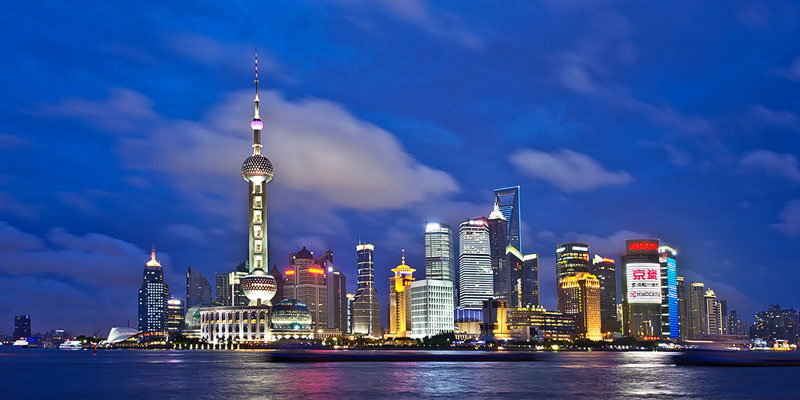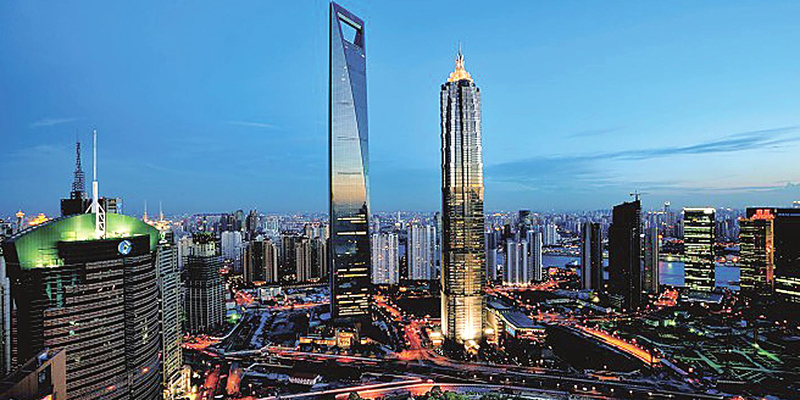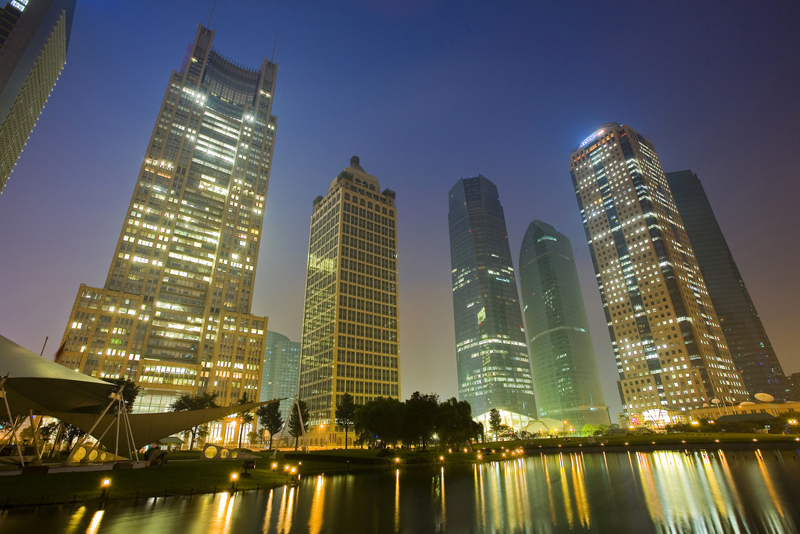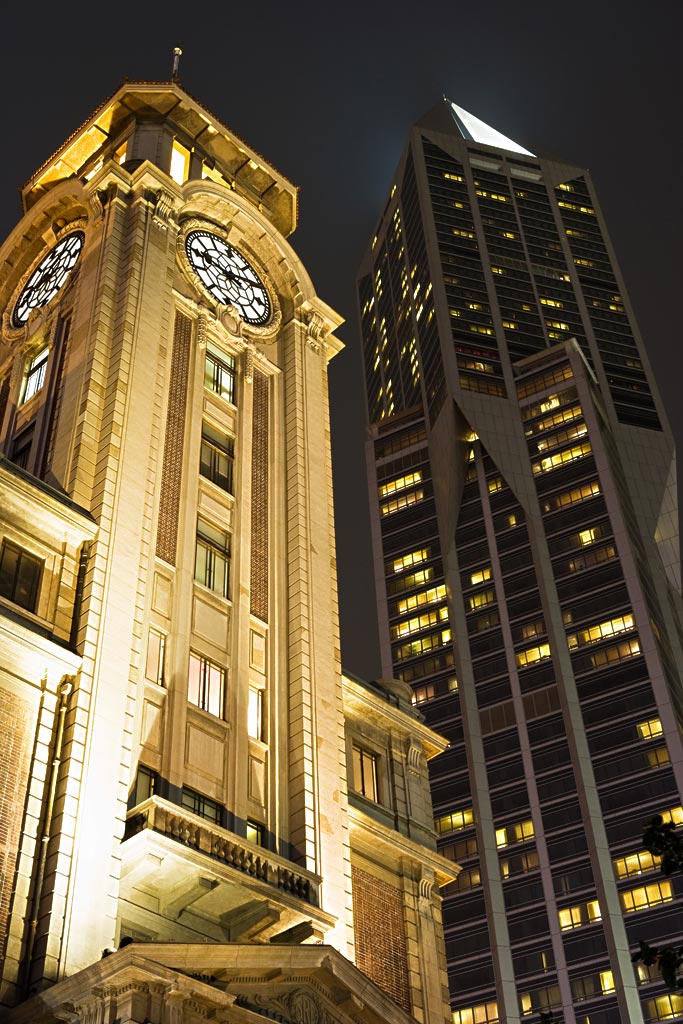- Shanghai
- 2021-03-12
-
Located at the mouth of the Yangtze River, Shanghai is the financial capital of mainland China. The distinctive Shanghai skyline portrayed in movies, landmarks evoking yesterday and tomorrow, endless dining options, glossy shopping malls, traditional shopping streets, and the 24-hour lifestyle combine to shape a complex international profile of the modern and historic metropolis of Shanghai. With a history of more than 700 years, Shanghai was once the financial center of the entire Far East. Today’s Shanghai is becoming established as a world economic, financial, trading, and shipping center.

Shaighai’s colonial legacy and international influences give it a character of its own, a museum of East-meets-West with a blend of antiquity and modernity. Shanghai boasts 32 cultural palaces and mass artistic activities centers, 96 art troupes, 28 public libraries, 41 archive halls, and 106 museums. The most well-known facilities include Shanghai Museum, Shanghai Library, Shanghai Grand Theater, Shanghai Book City, Shanghai Urban Planning Exhibition Center, Shanghai Science and Technology Museum, and the Oriental Arts Center. Shanghai has 19 cultural and historical sites under state protection and 165 under the city protection. A number of ancient sites and gardens dating back to Tang, Song, Yuan, Ming and Qing dynasties have been well preserved. Well-known sites include Yuyuan Garden, Longhua Temple, Jade Buddha Temple, Confucius Temple, and Zhujiajiao Ancient Water Town. Shanghai has also many rare relics and sites featuring its revolutionary history, such as the site of the first National Congress of the Communist Party of China, Residences of Dr. Sun Yat-sen, Mao Zedong, and Zhou Enlai.
 ;
;
The most popular tourist destinations in Shanghai include the Bund, People's Square, Orient Pearl Broadcasting and Television Tower, Jin Mao Tower, Global Finance Center (nicknamed, “the bottle opener”), and Shanghai Xintiandi.
Shanghai is also known as a paradise for eating and shopping. Shanghai's restaurants are among the finest to be found in China. There are more than 30,000 chain-store-style restaurants serving Chinese, Western, and delicacies from other Asian regions. The international restaurants feature food from more than 30 countries, including Italy, France, Japan, Portugal, and India, while Chinese eateries feature food from more than 20 regions of China. The famous restaurant areas are at the City God Temple area, Yunnan Road, Henan Road, Zhapu Road and Xianxia Road. For shopping buffs, Shanghai is known as "the Paris of the Orient". Nanjing Road, Huaihai Road, Super Brand Mall, the Grand Gateway, Plaza 66 and Xujiahui Shopping Center are the top choices.

Modern Shanghai attracts the attention of the whole world. International visitors and newcomers are flocking to this vibrant megacity, drawn by curiosity, a sense of possibility, the lure of potential professional and financial success, or perhaps simply a desire to be in one of the coolest, brashest, and most exciting locations in the new century.
How to Get There
Shanghai and Hangzhou are neighbors. Since the opening of intercity high-speed rails, travelling between the two cities has become unbelievably convenient. Passengers to Shanghai can plan on an easy fifty minutes on the fastest train. One way tickets range from 20RMB (3 USD) to 100RMB (14USD), depending on the kind of train and the seating options You can either choose Hangzhou Railway Station for example, if you are leaving from central Hangzhou or Hangzhou East Railway Station. There are also two arrival stations in Shanghai: Shanghai Railway Station or Shanghai South Railway Station.
Another travel option is the traditional train system. Travelers journeying between Hangzhou and Shanghai have four categories of trains to choose from differentiated by the initial letter of the train number. The fastest and the most comfortable train can be identified by the initial letter “D” (taken from“Dong Che Zu”), for example “D689”. It is very new and clean, taking only 1 hour and 40 minutes to travel from Hangzhou Railway Station to Shanghai South Railway Station. Express trains are marked with the letter “T” (for example, “T797”). The third category of train “N” trains, (for example “N489) are fast trains. They are generally also acceptable with around two or two and half hours travel time. The ones that start with “K” (e.g. “K89”) or have no letter (e.g. “1597”) are not recommended. They normally stop between Hangzhou and Shanghai which lengthens the travel time. Also, most of them are older trains without air conditioning.